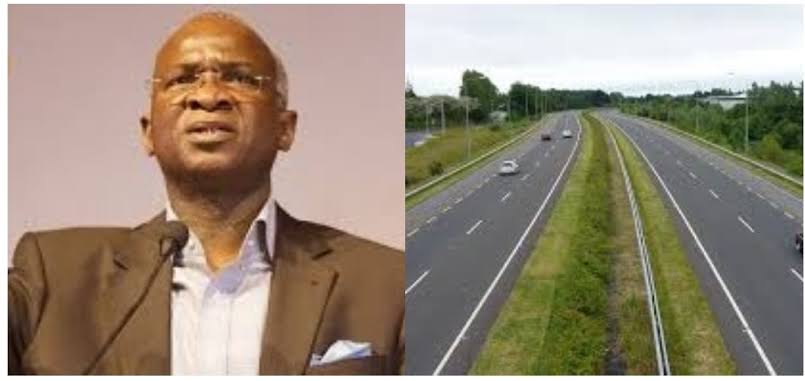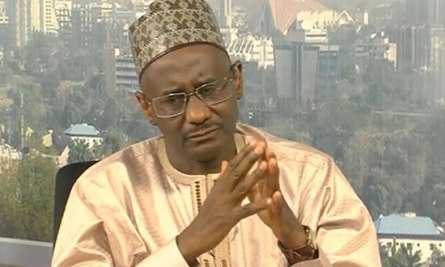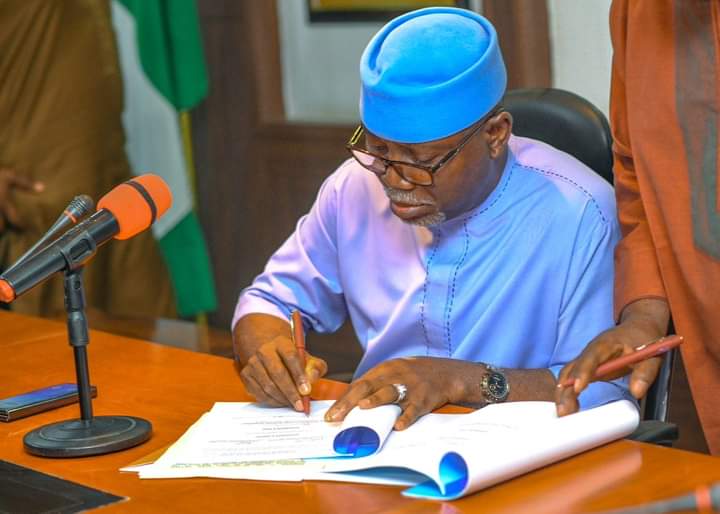Fashola on the Roads

By Salisu Na’inna Dambatta
On November 11th and 12th, 2019, Nigeria hosted the 70th Meeting of the Tran-Sahara Road Liaison Committee in Abuja, which was attended by the equivalent of Works Ministers from Algeria, Tunisia, Chad, Niger, Nigeria and Mali.
The meeting, which was instituted in 1966, was convened to appraise each member-nation’s progress in the construction of the highway within its territory that will link Lagos and Algiers. The Trans Sahara Road is a branch of the continent-wide Trans African Highway conceived by African leaders in 1964.
The meeting was held as the end of the year travelling season in Nigeria for Christmas, New Gregorian-calendar year and family get-together approaches. The travel season is perennially preceeded by outcry against the bad patches of Nigerian highways.
While some newspapers and social media sites recently published photographs of bad roads shot in other countries which they dishonestly presented as images of Nigerian roads, other publications used photographs of excavated sections of Nigerian roads under construction and projected them as failed parts of the roads that were allegedly neglected by the Federal or state Governments.
In continuation of the outcry, the truthful remark of the Minister of Works and Housing, Alhaji Babatunde Raji Fashola, that not all the roads in Nigeria are bad, was twisted and taken out of context and projected negatively just to score a political point, or propagate the impression that everything about our country is bad.
It is certainly true that segments of some of the State and Federal highways in Nigeria have failed due to abuse by users running overloaded trucks on them, and irregular maintenance by the relevant agencies. But another undeniable truth is that the two of government, especially the Federal Government are doing a lot of work on the roads to make them safer for motoring.
Regular travellers, truckers and commercial car drivers often testify to the ongoing reconstruction and expansion of many of the Federal roads in Nigeria.
Examples of such roads are the Ibadan-Lago and the Zuba-Kaduna-Zaria-Kano dual carriageways. The construction of the vital Second Niger Bridge is similarly ongoing.
Rehabilitation efforts are equally noticeable on dozens of other roads, including Umuahia-Aba road and the Zaria-Funtua-Gusau-Sokoto route and the Yola-Jada-Toungo highway, while construction work has commenced on the N54 billion Ibbi Bridge on River Benue in Taraba state. The bridge has been on the drawing board since colonial times.
One of the reasons for low awareness of such projects is that road construction companies hardly inform Nigerians on the projects they are executing for the government. They rarely give updates on the projects, leaving that to government publicists. The inadequate publicity for such projects prevents many Nigerians who see them ongoing daily from linking to government efforts.
Many Nigerians will be glad to hear that the Federal Ministry of Works and Housing is currently working on 504 road reconstruction and rehabilitation projects in the six geopolitical zones of the country. Many others have been completed. Keen observers would certainly notice that every state of the Federation is benefitting from one or more of such projects.
The Minister of Works and Housing, Alhaji Babatunde Raji Fashola, was visibly happy when he led delegates to the just-concluded 70th meeting of the Trans Sahara Road Liaison Committee to inspect the ongoing reconstruction and dualisation of the 221-kilometerKeffi-Akwanga-Lafiya-Makurdi road.
This project is being implemented by the China Harbour Engineering Company Nigeria Ltd on behalf of the Federal Ministry of Works and Housing at a cost of more than $500 million.
In the project brief, the Minister of Works and Housing and the delegates to the 70th Meeting were informed that 170 kilometers of the total length of the project has been cleared, while excavation and filling works on 78 kilometers have been achieved, and 169 culverts completed.
The Ministry of Works and Housing and the Chinese construction company both said it would be completed in 36 months. Work started in April 2019. The second stage of the project will cover Makurdi-Enugu, preparations for which have been completed.
Informational documents from both the Ministry of Works and Housing and Chinese Harbour Engineering Company Ltd indicate that the scope of work include the building of eleven new bridges, straightening of bends that cause accidents and loss of lives on the route, and the construction of 394 culverts. Mountains of granites will be blasted to make way for the road which facilities domestic trade. In all, 3,400 jobs have so far been created for Nigerians through the project.
Indeed, it is the duty of every Nigerian as his brother’s keeper to wish all Nigerians on trips by whatever means of transportation safe journey at all times. It is equally fair to call on both states and the Federal Governments to engage in adequate public communication to create awareness of their efforts on the development of infrastructure, especially roads.








